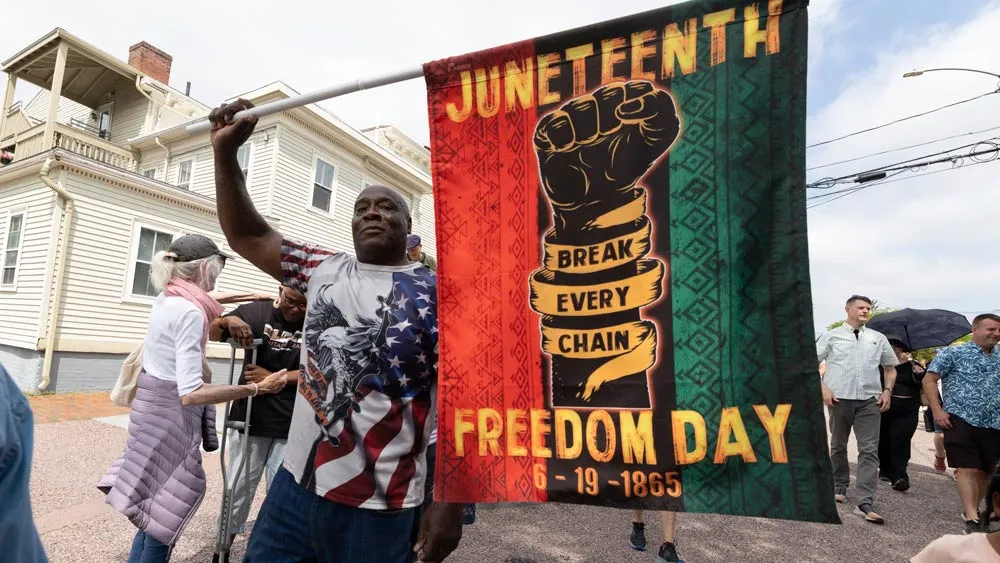December 17, 2021
Canada Moves to End LGBTQ+ Blood Donor Ban
Kilian Melloy READ TIME: 2 MIN.
Canada's charitable Blood Services organization has filed to end a longstanding ban on LGBTQ+ blood donors, Newsweek reported.
On Dec. 15, the organization "filed a new application with its regulator, Health Canada, to approve the donor eligibility change to end the donation ban against gay and bisexual men who have sex with men, as well as certain trans people who have sex with men," Newsweek said.
"Currently, these groups can only donate if they have abstained from sexual activity for the past three months."
The blood donation ban is similar to bans in other countries, including the United States, put in place at the peak of the HIV/AIDS epidemic. The bans have long been criticized for being based on assumptions around sexual conduct and for implementing standards that treat LGBTQ+ people – especially men – differently from heterosexuals.
Canada Blood Services is seeking to change eligibility requirements so that LGTBQ+ people are not automatically disqualified, and such that sexual conduct is not simply assumed based on a person's sexual orientation or gender identity. Newsweek relayed that the charitable group intends to move to "a sexual behavior-based screening for all donors, rather than only targeting those who have had sex with another man."
Canadian Blood Services itself was direct about this point, stating in a press release that "Sexual behavior, not sexual orientation, determines risk of sexual transmission of HIV," Newsweek detailed.
"The change we are proposing would focus on high-risk sexual behavior among all donors," the release added. "It would precisely and reliably identify those who may have a transfusion-transmissible infection, regardless of their gender or sexual orientation."
If the group's petition is granted, Newsweek explained, "all donors will be asked if they have recently engaged in anal sex with new or multiple partners within a certain time frame."
The move follows a similar change in Britain earlier this year. As previously reported at EDGE, the UK's National Health Service announced a change in eligibility guidelines last June.
Those changes mean that "donors will no longer be asked if they are a man who has had sex with another man," UK newspaper the Independent reported at the time.
"Instead, any individual who [intends] to give blood regardless of gender will be asked if they have had sex and, if so, about recent sexual behaviors," the Independent added. "Anyone who has had the same sexual partner for the last three months will be eligible to donate, meaning more gay and bisexual men will be able to donate blood, platelets and plasma while keeping blood just as safe."
Though advocates had long decried anti-LGBTQ+ blanket blood bans as implicitly biased and medically unnecessary – especially given advances in blood screening technology – change had been slow. But the global COVID-19 pandemic brought fresh urgency to the struggle to keep blood banks adequately supplied.
In the U.S., the pandemic's effects on the blood supply led to a shift in 2020, from a yearlong period when gay and bisexual men had to refrain from sexual contact before donating blood to the current three-month "no sex" period. But the familiar disparity remained: Sexually active heterosexual men, even those who have multiple partners, are not required to wait before donating blood.
Kilian Melloy serves as EDGE Media Network's Associate Arts Editor and Staff Contributor. His professional memberships include the National Lesbian & Gay Journalists Association, the Boston Online Film Critics Association, The Gay and Lesbian Entertainment Critics Association, and the Boston Theater Critics Association's Elliot Norton Awards Committee.




